The Environmental Law program is delighted to announce the appointment of Professor Giovanna Gismondi as the program’s new Environmental Law Fellow, effective March 1, 2024. We recently caught up with Professor Gismondi to learn more about her background in environmental law and related fields and hear about her plans and goals in her role as the new Environmental Law Fellow.
Meet Giovanna Gismondi

Giovanna Gismondi’s connection with the environment runs deep. She was born in Callao, a city along the Pacific Ocean near Peru’s capital, Lima. Growing up in this peaceful coastal town, Giovanna spent much of her youth outside in the arid desert landscape around her home. Spending time with her siblings and friends, Giovanna developed a fervid love for the environment and the life it sustains. As the world she lived in became compromised by pollution and industrial waste, Giovanna grew increasingly interested in environmental and human rights law. She obtained her law degree from Universidad de Lima and taught Public International Law there before her call to Georgetown.
According to Giovanna, “If I hadn’t ended up a law professor, I think I would have become a biologist, ecologist, or something similar. I love the environment, wildlife, and all living creatures. It is important that we protect all living things and I cannot think of a career for myself that does not involve saving our planet. As I continued my studies, life took me through a different career path that still leads me to fulfill a vision of protecting the environment as well as humanity place in it.”
After earning her Masters of Laws from Georgetown, Giovanna continued her teaching career at the University of Oklahoma College of Law. She taught International Human Rights Law among other courses there since 2002. During her academic career, she has taught, advised, and mentored hundreds of students. “The greatest part about teaching law is that I can inform others about the critical issues facing humans and the environment today. It is my hope that my teaching can lead others to continue the important work to serve those people and regions most vulnerable,” Giovanna stated.
Tell us about your academic journey. How did you get involved in environmental matters?
It was while I was teaching at the University of Oklahoma that I found out that a foreign investor had launched a claim against the government of Peru seeking million of dollars in damages for allegedly expropriating his metallurgical plant. The plant, La Oroya metallurgical plant, was a major source of waste and poisonous gases. The media was constantly reporting on the high blood lead levels in people, especially children, who inhabited the surrounding communities. The high levels of emission also caused irreversible environmental damage and long-term degradation of ecosystems to the central Andean region of Peru, where the plant was located. It was this case that sparked my interest on the synergies of the environment, human rights, and foreign investment protections.
This case, known as Renco v. Peru, led me to write an article, which was published by Harvard International Law Journal, and influenced the topic of my doctoral dissertation, and later my book.
What did you do before joining GW Law?
Before joining GW Law, I taught at the University of Oklahoma, College of Law and College of International Studies. Since the university is located in the heart of an area rich with Native American history, it propelled my academic interest in Indigenous peoples in addition to environmental concerns. I returned to DC with the goal of obtaining an SJD degree at Georgetown , which I completed in 2021. However, I kept strong ties with the university through my online courses, and the hundreds of students I taught and mentored over the course of my teaching career.
What are your goals as the Environmental Law Fellow?
I am extremely excited about joining the Environmental and Energy Law Program at GW Law. Dean Randall Abate’s commitment to environmental and climate justice is highly regarded and I look forward to working with him, the Environmental Law team, and students at the Law School. I am also excited about potential collaborative opportunities with institutes, centers, and programs across the university.
I am eager to contribute to GW’s vibrant community as we prepare the next generation of lawyers and advocates for positive change.
How can you contribute to attaining the university’s vision, mission, and objectives?
I bring a diverse set of experiences and managerial skills, having held academic and leadership positions at different universities—both public and private. First and foremost, I am committed to academic excellence and the production of cutting-edge research.
Having taught students from many different nationalities, backgrounds, and interests, I appreciate the richness of diverse cultures and perspectives, and I believe that fostering cultural understanding is essential in a rapidly changing world. By actively engaging with students from diverse backgrounds, I aim to contribute to the development of a multicultural and inclusive learning environment. My goal is to prepare students to continue the fight for protecting our planet and the people who inhabit it.
What, in your opinion, is the aspect that your colleagues value the most about you?
My colleagues continually comment on my trustworthiness and dedication to serving others. I have developed close relationships with my peers, and over the years, my community of friends and colleagues continually expands.
What do you do when you are not at work?
When I am not at work, I love taking long walks around a pond near my home. I usually bring Bella, my female lab dog. She is wonderful company, and she often sits by my side as I write. She is getting older, so our walks are shorter; however, we still sit often outside and enjoy the pond and life buzzing around it.



